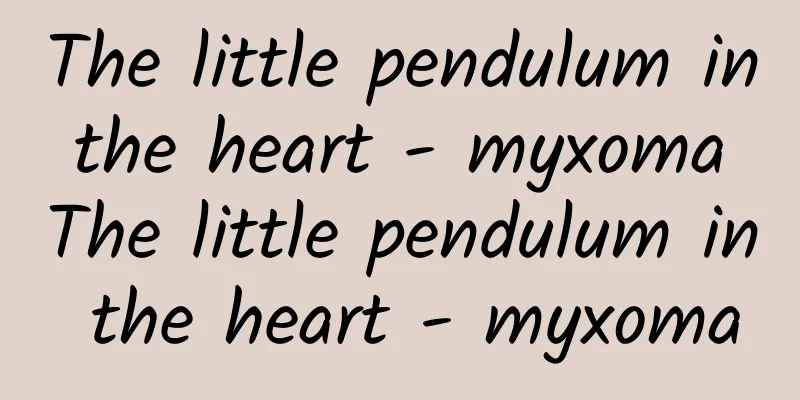Increased vaginal discharge and chest pain

|
Leucorrhea is a normal physiological phenomenon of women. Women will secrete a large amount of leucorrhea during ovulation, but very little or even none during other periods. Some women experience an abnormal increase in leucorrhea, accompanied by breast pain. There are many factors that may cause this, including pregnancy, before and after menstruation, taking birth control pills, excessive stress, or pathological reasons. So what should we do? Pregnant Once a woman has symptoms of increased vaginal discharge and breast tenderness, she should first suspect whether she is pregnant, because increased vaginal discharge and breast tenderness are one of the main early signs of pregnancy. It is recommended to use an early pregnancy test or go to the hospital for a blood test. Taking birth control pills Many women do not like to use condoms during intercourse, and take birth control pills afterwards. This often leads to increased vaginal discharge and breast pain. The main reason is that contraceptives contain a large amount of stimulants. These estrogens will enhance the secretion of cervical endometrial cells, making them vigorous and causing an increase in leucorrhea; at the same time, estrogens will also have a certain stimulating effect on the breasts. Menstrual cramps Normal menstruation may also cause symptoms such as increased vaginal discharge and breast tenderness. This is mainly because pelvic congestion increases during menstruation, the blood flow to the uterus and vagina is greater than usual, and vaginal secretions will naturally increase. In addition, during menstruation, the estrogen level in the body increases, breast hyperplasia, and breast tissue edema, which leads to breast pain in women. Too much pressure In order not to be eliminated in the fierce competition environment, some women often set excessively high demands and goals for themselves, which puts themselves in long-term stressful work. Long-term mental stress can easily cause neurological disorders and affect the endocrine function of the human body, resulting in increased vaginal discharge and breast pain. Pathological factors In addition to the above-mentioned human and physiological factors, pathological factors are also one of the main reasons for increased vaginal discharge and breast pain in women. If the increase in vaginal discharge and breast pain are caused by pathological factors, it may be accompanied by changes in the smell, color, and texture of the vaginal discharge, and symptoms of itching and pain in the vulva may also occur. |
<<: Pain in the hairy area of the vulva
>>: Breast tenderness at 34 weeks of pregnancy
Recommend
Sudden bleeding 15 days after hysterectomy
During hysterectomy surgery, four pairs of tendon...
Is it good for women to drink soy milk during menstruation? Is it good to drink soy milk during menstruation? Can I drink soy milk during menstruation?
Many people like to drink soy milk, which can sup...
How to lose weight quickly after childbirth
Postpartum weight loss has always been a problem ...
What is the normal size of the ovaries?
Many women are not very clear about the normal si...
Can I smoke during breastfeeding? One or two cigarettes is OK
As we all know, smoking is harmful to health beca...
Is it normal for my period to come three days early?
Early and delayed menstruation are symptoms of ir...
A picture to teach you how to read diopter
We often say how many degrees myopia is and how m...
Can pregnant women eat bird's nest in late stage
Bird's nest has very good nourishing and heal...
Understand in one picture: How to administer rabies vaccine, serum, protein, and monoclonal antibody!
On September 16, 2023, the National Center for Di...
Frequency of intercourse during the second trimester
Nowadays, we all know that it is possible to have...
Warning signs behind female nipple discoloration
1. After a woman becomes pregnant, starting from ...
Women urinate frequently and in large amounts at night
Ideally, most of us want to wake up to dawn and s...
The coldest time of the year is here. Remember the "Ten Ones" and seize the last golden period for health preservation
Minor Cold is close to the "Three Nines"...
What can't you eat if you have ovarian cysts?
In recent years, the incidence of ovarian cysts i...
How many days does uterine contraction pain last after normal delivery
Nowadays, many expectant mothers are preparing fo...









